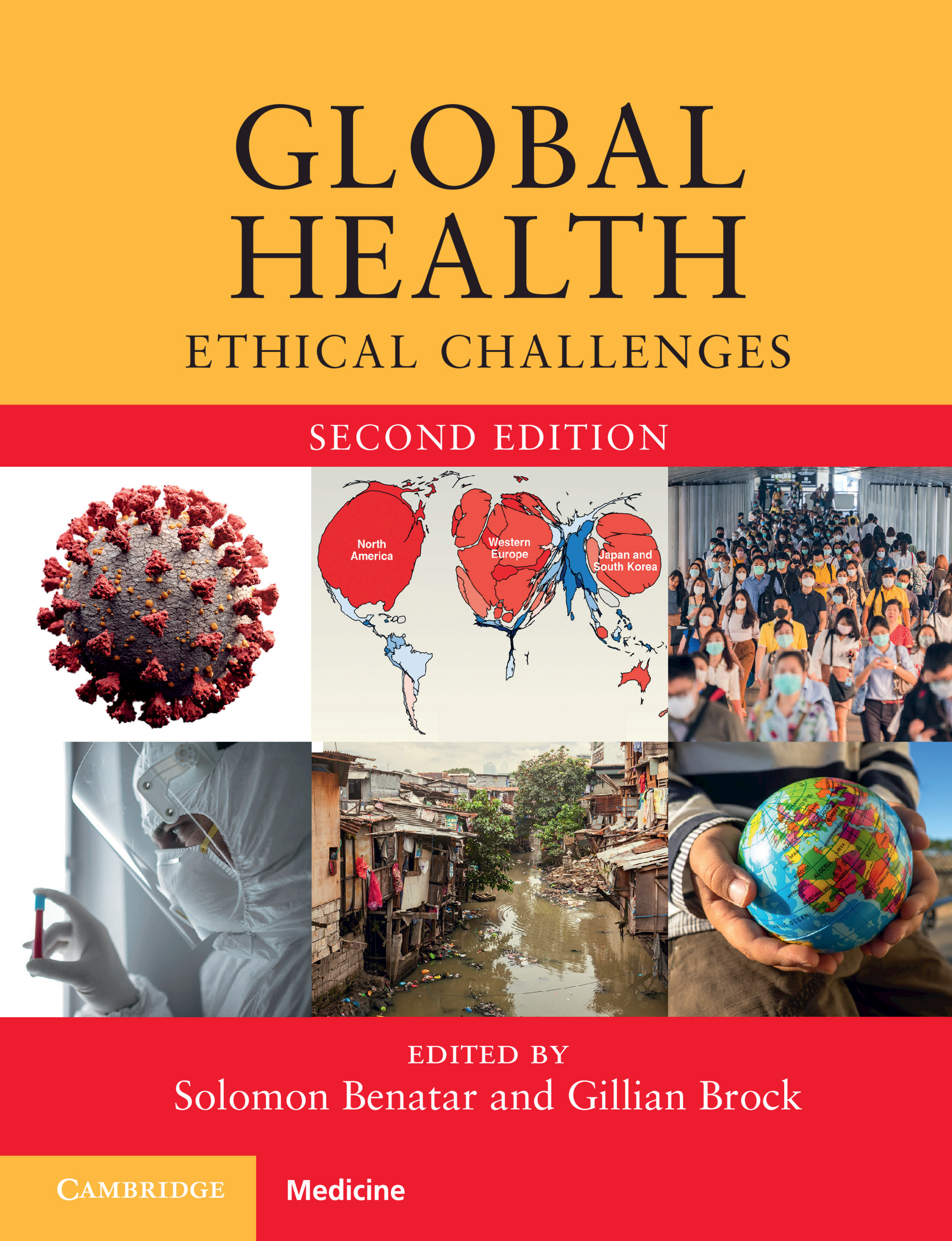Book contents
- Global Health
- Global Health
- Copyright page
- Contents
- Contributors
- Introduction
- Section 1 Global Health: Definitions and Descriptions
- Section 2 Global Health Ethics, Responsibilities, and Justice: Some Central Issues
- Section 3 Analyzing Some Reasons for Poor Health and Responsibilities to Address Them
- Chapter 11 Trade and Health
- Chapter 12 Debt, Structural Adjustment, and Health
- Chapter 13 The International Arms Trade and Global Health
- Chapter 14 Allocating Resources in Humanitarian Medicine
- Chapter 15 Development Assistance for Health
- Chapter 16 Geopolitics, Disease, and Inequalities in Emerging Economies
- Chapter 17 Neoliberalism, Power Relations, Ethics, and Global Health
- Chapter 18 Morbid Symptoms, Organic Crises, and Enclosures of the Commons
- Chapter 19 Challenging the Global Extractive Order
- Section 4 Environmental/Ecological Considerations and Planetary Health
- Section 5 The Importance of Including Cross-Cultural Perspectives and the Need for Dialogue
- Section 6 Shaping the Future
- Index
- References
Chapter 14 - Allocating Resources in Humanitarian Medicine
from Section 3 - Analyzing Some Reasons for Poor Health and Responsibilities to Address Them
Published online by Cambridge University Press: 04 February 2021
- Global Health
- Global Health
- Copyright page
- Contents
- Contributors
- Introduction
- Section 1 Global Health: Definitions and Descriptions
- Section 2 Global Health Ethics, Responsibilities, and Justice: Some Central Issues
- Section 3 Analyzing Some Reasons for Poor Health and Responsibilities to Address Them
- Chapter 11 Trade and Health
- Chapter 12 Debt, Structural Adjustment, and Health
- Chapter 13 The International Arms Trade and Global Health
- Chapter 14 Allocating Resources in Humanitarian Medicine
- Chapter 15 Development Assistance for Health
- Chapter 16 Geopolitics, Disease, and Inequalities in Emerging Economies
- Chapter 17 Neoliberalism, Power Relations, Ethics, and Global Health
- Chapter 18 Morbid Symptoms, Organic Crises, and Enclosures of the Commons
- Chapter 19 Challenging the Global Extractive Order
- Section 4 Environmental/Ecological Considerations and Planetary Health
- Section 5 The Importance of Including Cross-Cultural Perspectives and the Need for Dialogue
- Section 6 Shaping the Future
- Index
- References
Summary
Allocating resources in humanitarian medicine is a vitally important and cruelly difficult exercise. In the huge disconnect between severe human needs and limited resources, even asking how allocation can be fair can seem harsh. Do those involved in humanitarian medicine not simply do all they can?
- Type
- Chapter
- Information
- Global HealthEthical Challenges, pp. 195 - 206Publisher: Cambridge University PressPrint publication year: 2021

